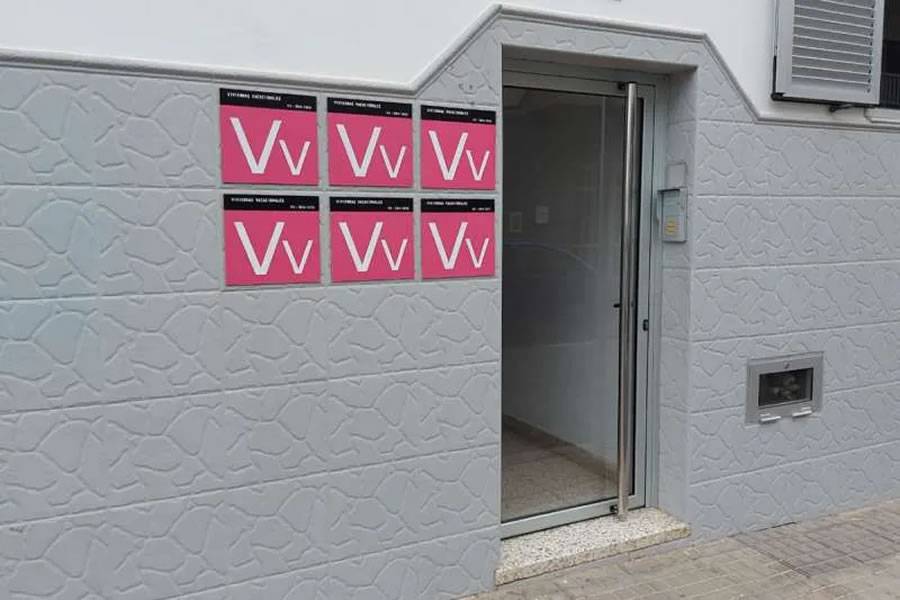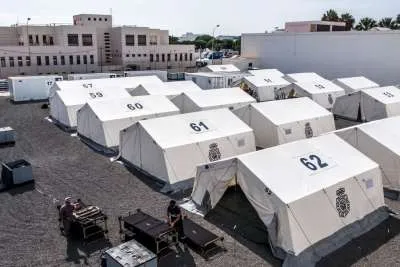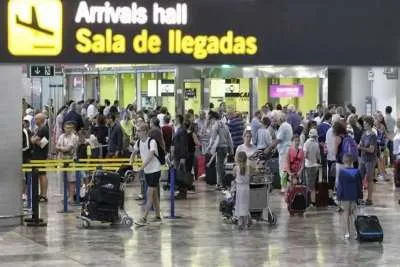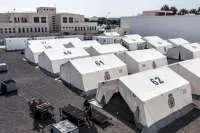Over 75% of Spaniards support limiting tourist apartments
- 05-09-2024
- Business
- Canarian Weekly
- Photo Credit: CW
A new survey by the Centre for Sociological Research (CIS) has revealed that 76.3% of Spaniards believe that the number of tourist apartments and licences issued in Spain, including the Canary Islands, should be controlled.
The poll, conducted through over 4,000 interviews with adults between July 18th and 26th, sheds light on the issues caused by the proliferation of tourist apartments, which now exceed 350,000 across the country, according to the latest data from the National Institute of Statistics (INE).
Several regional governments and local authorities have already begun restricting short-term rentals, and the central government is also taking action.
The Ministry of Housing has arranged a conference with regional presidents to discuss how these rentals are driving up housing prices and affecting residents.
Additionally, the Minister of Industry, Jordi Hereu, recently emphasised the importance of listening to the municipalities most affected by the rise in tourist apartments, particularly in the Costa del Sol, Costa Blanca, Canary Islands and Barcelona.
Call for Restrictions in the Canary Islands
In response to these concerns, the Cabildos of Tenerife, Lanzarote, Fuerteventura, and Gran Canaria, are pushing for a moratorium on new vacation rental licenses, as pressure mounts to address the housing shortage and rising prices attributed to the increase in short-term rentals.
Tourism Preferences and Accommodation Trends
The CIS survey also revealed preferences for holiday destinations and accommodation types. A majority of Spaniards prefer coastal towns (31.3%), followed by coastal cities (19%), with more than 50% of respondents opting for beach holidays. In comparison, 16% prefer mountain villages, and 10.3% choose inland cities.
In terms of accommodation, nearly half of respondents (45.2%) stay in hotels or aparthotels, while 12.5% opt for short-term rental properties and holiday homes. Another 12.2% stay with family or friends, and only 10.8% use a second home they own.
The survey also found that 29.4% of Spaniards take summer holidays lasting between one and two weeks, while 27.8% go away for one week, and 15% for less than a week. Meanwhile, 19% can afford more than two weeks off. The majority of people (86.2%) travel with their partner, family, or friends, and only 4% report always travelling alone.
As the country continues to grapple with the effects of tourist apartments on housing availability and prices, the public’s growing call for regulation underscores the urgency of finding solutions that balance tourism with residential needs.
Other articles that may interest you...
Trending
Most Read Articles
Featured Videos
TributoFest: Michael Buble promo 14.02.2026
- 30-01-2026
TEAs 2025 Highlights
- 17-11-2025





























































